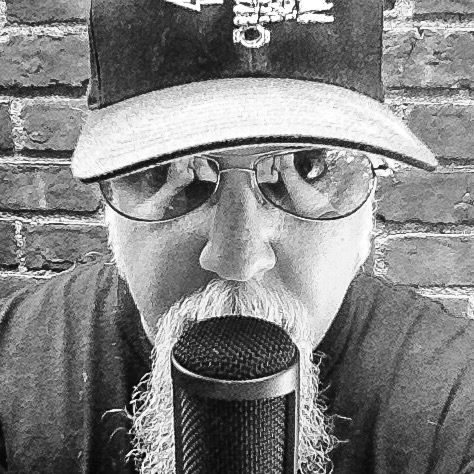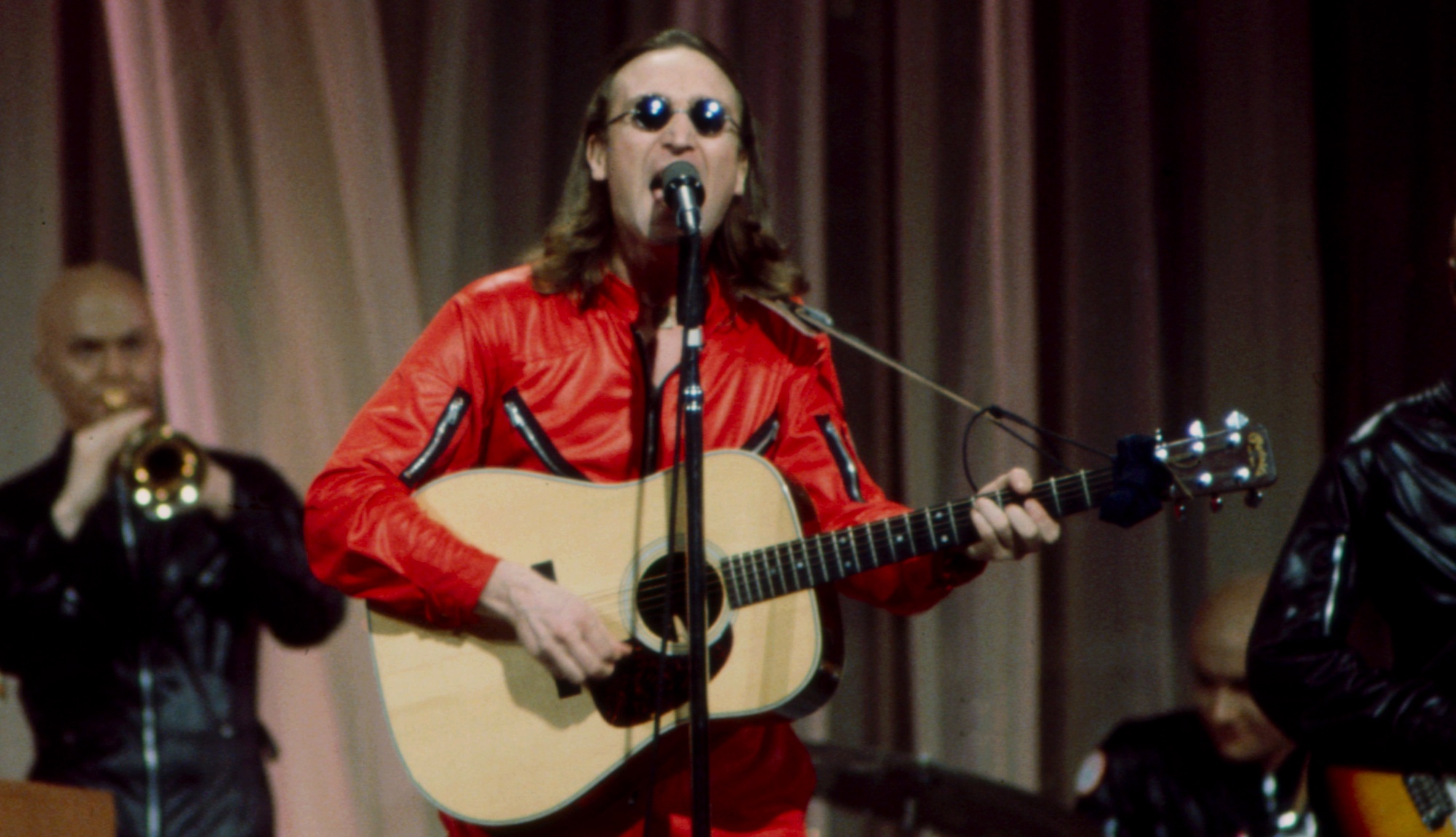The secrets behind Pete Townshend's tone on The Who's Won't Get Fooled Again
Learn how the legendary guitarist got his "sound from paradise” on this classic track
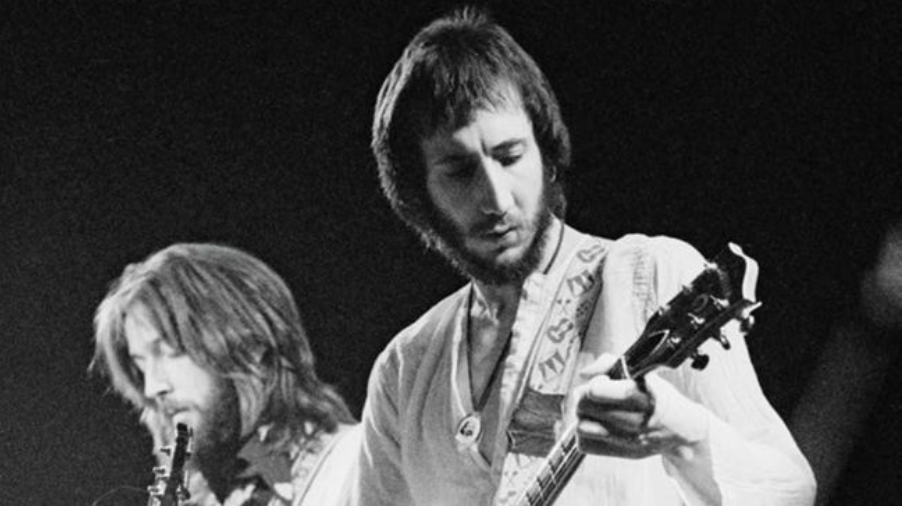
All the latest guitar news, interviews, lessons, reviews, deals and more, direct to your inbox!
You are now subscribed
Your newsletter sign-up was successful
Tone spotters and gear geeks frequently rely on photos and videos of live and television performances when trying to decode the recorded tones of famous players, but this can often be a misleading pursuit. One great example of why that is so is Pete Townshend.
In the early '70s, Townshend was almost always seen on stage with a late-Sixties Gibson SG Standard and massive stacks of Hiwatt amps, but in the studio during this period he rarely used either. Instead, his main guitar rig on classic Who albums like Who’s Next and Quadrophenia was a 1959 Gretsch 6120 plugged into a 1959 Fender Bandmaster amp.
Townshend revealed the details behind this rig to me in a Guitar Player magazine interview in 1993.
“I remember when I gave Joe Walsh an ARP 2600,” he said. “[Joe] went, ‘Pete, I bought you a Gretsch Country Gentleman [actually a 6120 Chet Atkins] like Neil Young uses. I know you don’t really get into them, but you should try this. And I bought you a Fender Bandmaster amplifier with three 10s so the ohmage is crazy, and an Edwards pedal steel volume pedal.’
“I linked it all up, went ‘Ya-a-ang’ and it was there. When I get those three things out and put them in a chain, it’s a sound from paradise.”
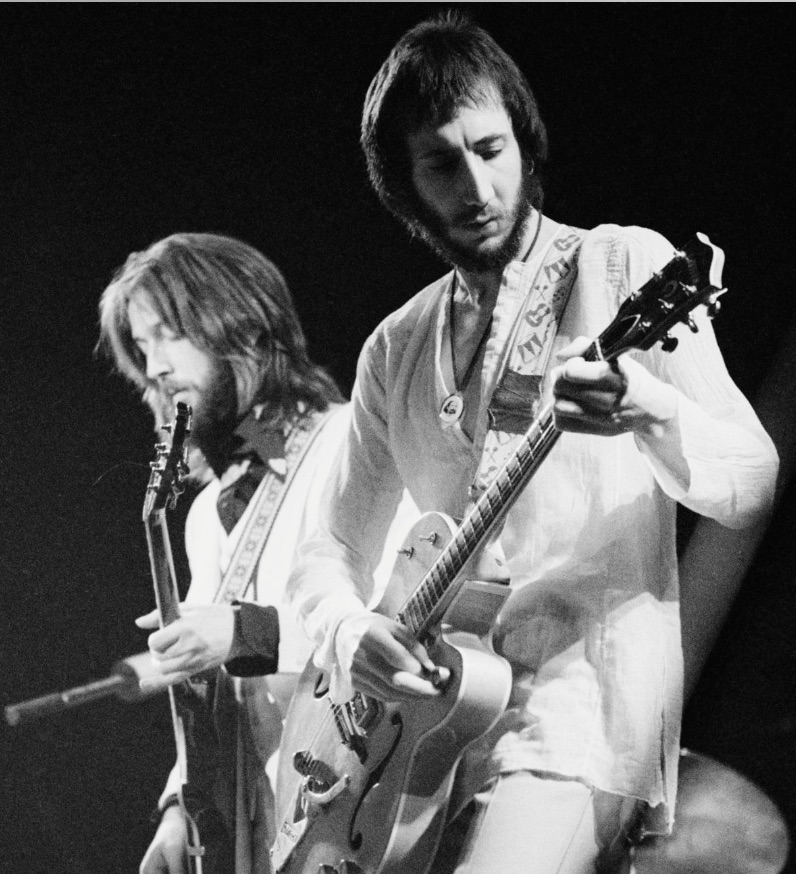
The Edwards volume pedal and even a Whirlwind cable (which Townshend later mentioned was also essential) play subtle but critical roles in the finished tone as both roll off some of the harsher high-end frequencies to give the Gretsch more growl than twang.
The 6120’s hollow body, medium-output PAF Filter’tron humbuckers and the Bandmaster’s lowwatt alnico 10-inch speakers deliver a wonderfully boxy, honking midrange. Meanwhile, the Bandmaster’s 26-watt circuit provides glorious tweed-era distortion with tighter bass than a Deluxe and more clarity than a Bassman.
All the latest guitar news, interviews, lessons, reviews, deals and more, direct to your inbox!
GET THE SOUND, CHEAP!
● Gretsch G2420T Streamliner single cutaway
● TV Jones Classic bridge pickup
● Fender Pro Junior IV
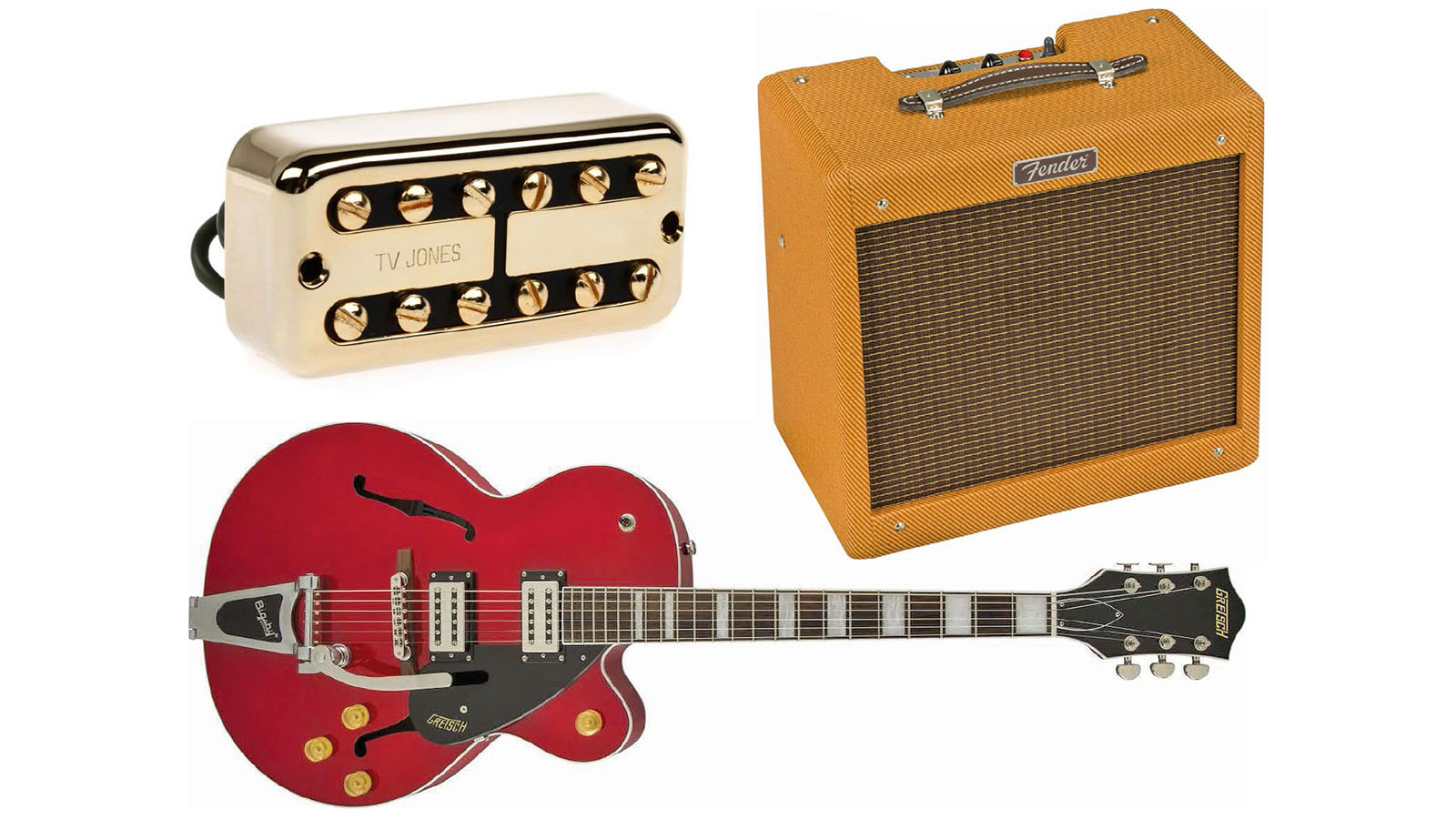
TONE TIP: Back down the Pro Junior’s tone control to tame the twang and crank up the volume to maximum overdrive.
ORIGINAL GEAR
GUITAR: 1959 Gretsch 6120 Chet Atkins with PAF Filter’tron humbucking pickups (bridge pickup), volume: 10, master volume: 10, master tone switch: center (off)
AMP: 1959 Fender Bandmaster combo* with three Jensen P10Q alnico speakers (Mic Volume: 0, Instrument Volume: 10, Treble: 7, Bass: 5, Presence: 5, Instrument input 1)
EFFECTS: Edwards volume pedal
STRINGS/TUNING: Gibson E340 Sonomatic .012, .016, .016**, .032, .044, .056/Standard
PICK: Manny’s Music heavy
*Since Fender tweed amp controls go up to 12, settings here are from 0-12 instead of the usual 0-10
**Townshend used a second B string for the G string
Chris is the co-author of Eruption - Conversations with Eddie Van Halen. He is a 40-year music industry veteran who started at Boardwalk Entertainment (Joan Jett, Night Ranger) and Roland US before becoming a guitar journalist in 1991. He has interviewed more than 600 artists, written more than 1,400 product reviews and contributed to Jeff Beck’s Beck 01: Hot Rods and Rock & Roll and Eric Clapton’s Six String Stories.

